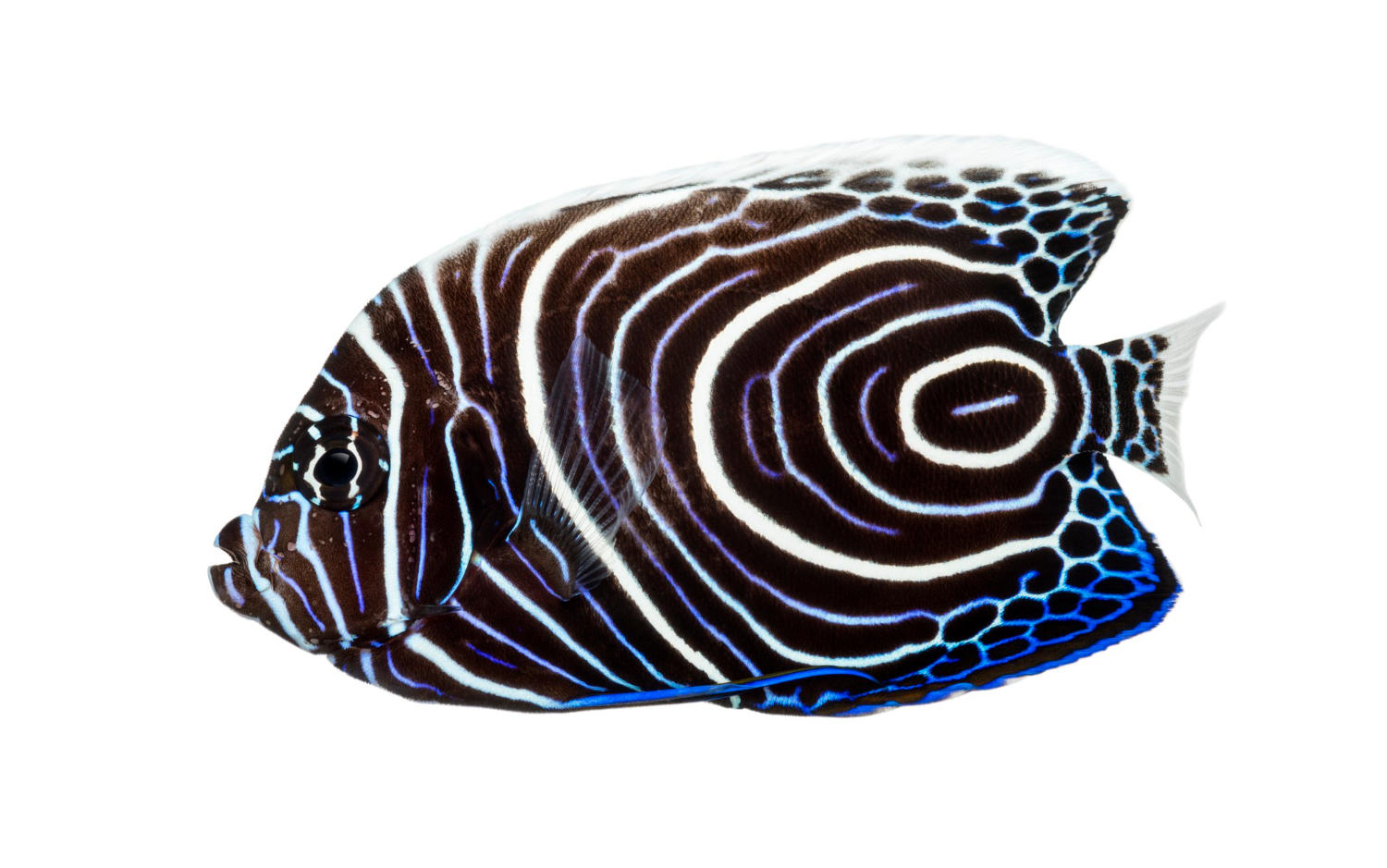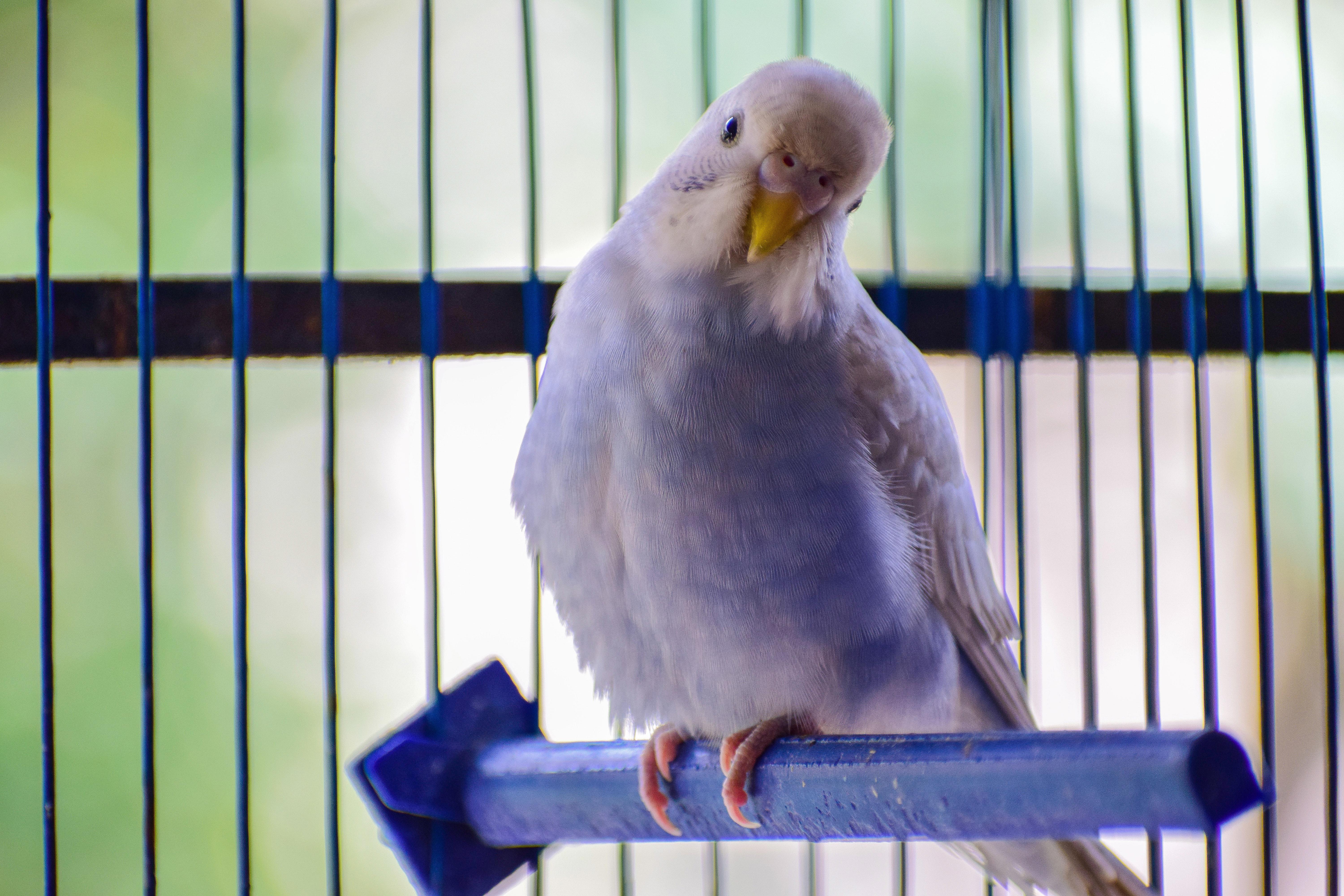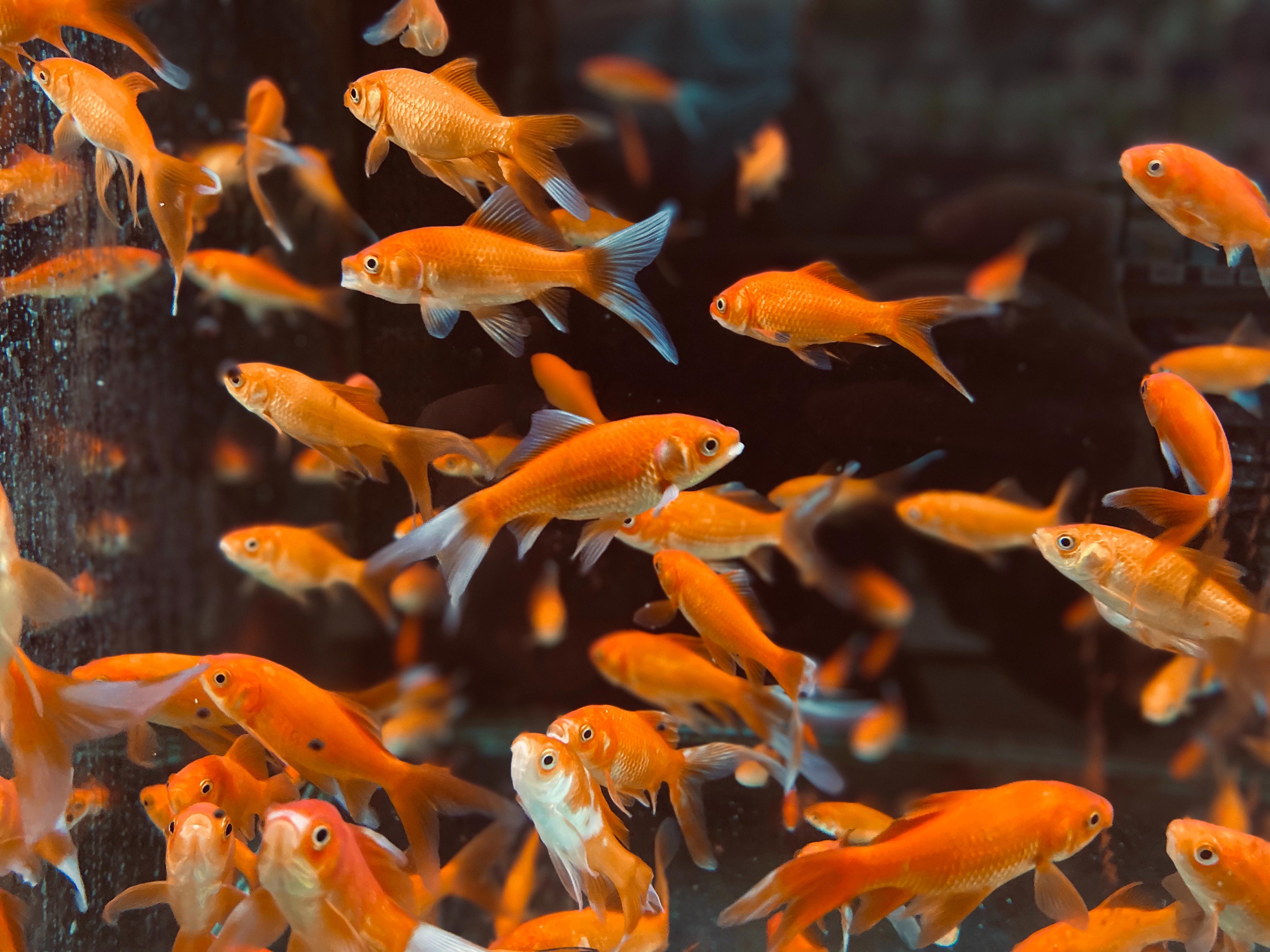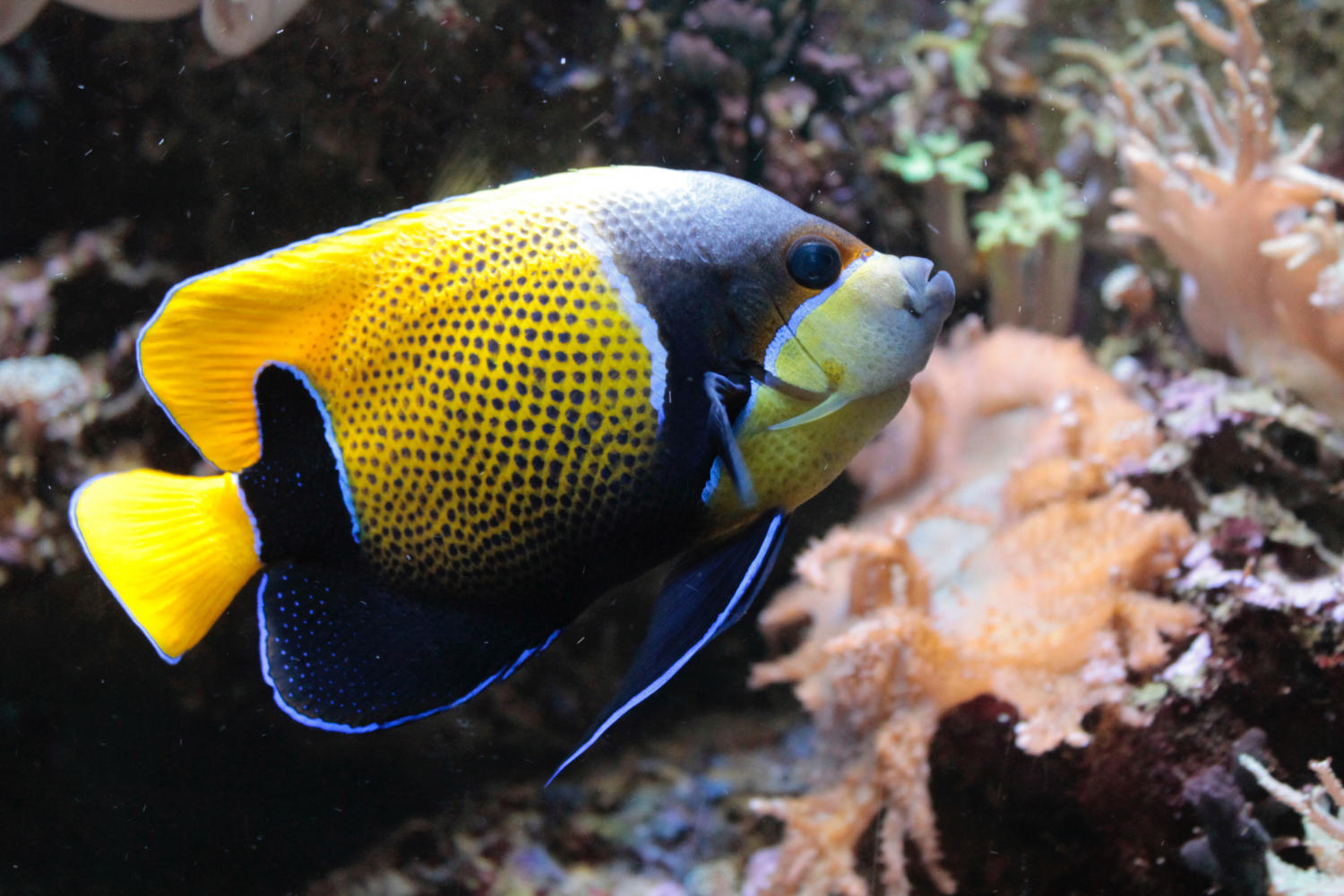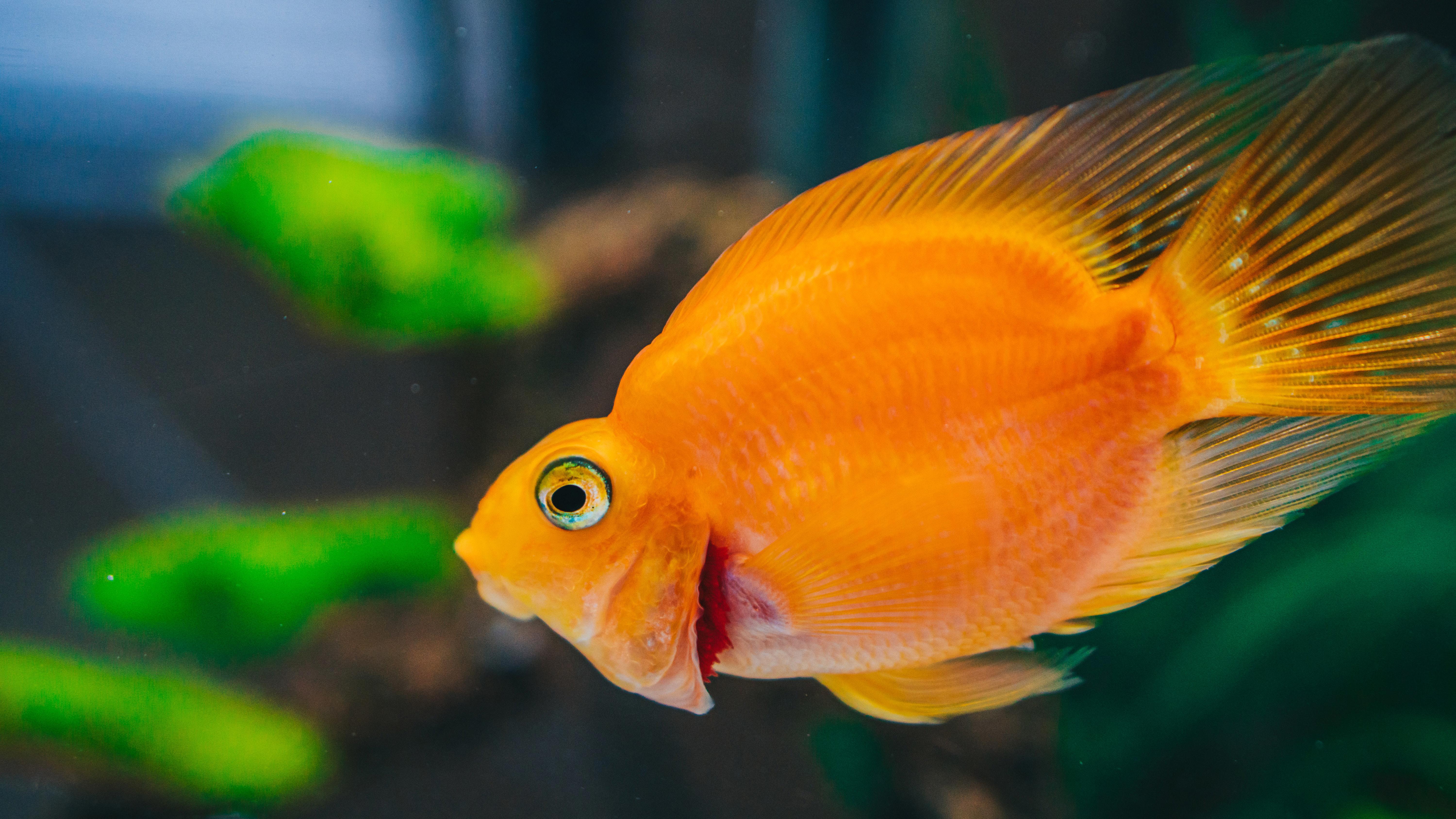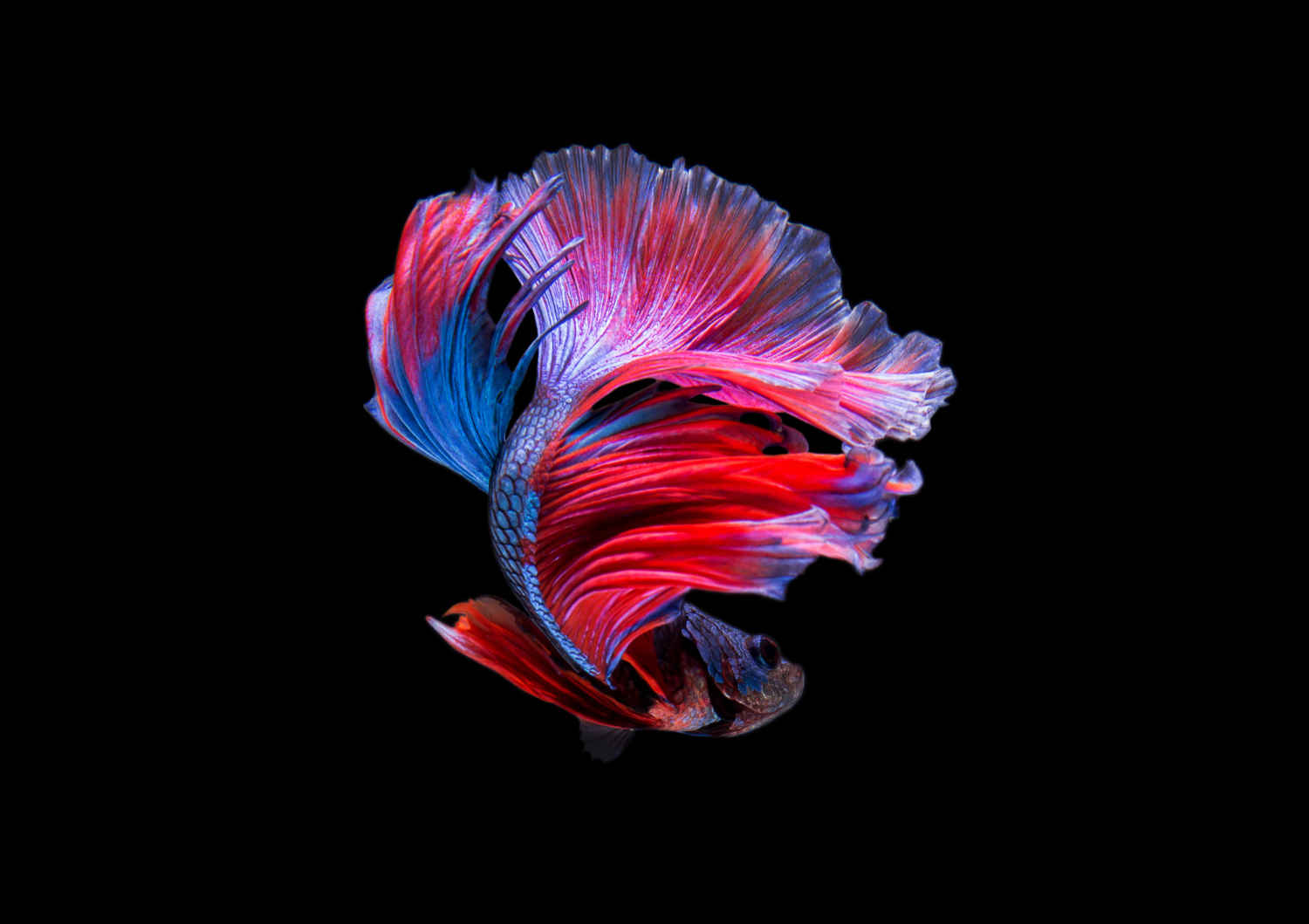.jpg)
If you’re looking for a way to enjoy the beauty of nature in your own backyard, keeping fish in an outdoor pond may be the perfect solution. Not only are outdoor ponds aesthetically pleasing, but they can also be incredibly beneficial for your health and the environment. From providing an enjoyable hobby to improving air quality and reducing stress, the benefits of having an outdoor pond with fish are truly incredible. In this blog post, we’ll explore the many advantages of keeping fish in an outdoor pond so you can decide if it’s the right choice for you.
Fish are a popular choice for outdoor ponds, and with good reason. Keeping fish in an outdoor pond provides numerous benefits, ranging from aesthetic improvements to improved water quality. In this blog post, we’ll explore the many benefits of keeping fish in an outdoor pond, and how to properly care for them.
Aesthetic Benefits
One of the most obvious benefits of keeping fish in an outdoor pond is the aesthetic improvement. Fish can bring life and color to your pond, making it a more attractive and inviting space. Fish also provide a relaxing and calming atmosphere, making it a great spot to unwind and enjoy nature. Additionally, ponds with fish are a great way to attract local wildlife, such as birds and frogs, which can add even more life and beauty to your pond.
Water Quality Improvement
Keeping fish in an outdoor pond can also be beneficial for the water quality. Fish consume algae, which helps to reduce the amount of algae in the pond. This can help to keep the water clear and free of excess nutrients that can cause water quality issues. Fish also help to aerate the water, which helps to keep the water well oxygenated. This can also help to reduce the buildup of harmful bacteria and other pollutants in the water.
Fish Health
Keeping fish in an outdoor pond also provides numerous benefits for the fish themselves. Outdoor ponds are typically larger than indoor aquariums, which allows the fish to have more space to swim and explore. Outdoor ponds also have more natural sunlight, which can help to promote healthy growth and coloration in the fish. Additionally, outdoor ponds are less likely to experience sudden changes in temperature, which can be harmful to fish.
Caring for Fish in an Outdoor Pond
When keeping fish in an outdoor pond, it’s important to keep a few things in mind to ensure they remain healthy and happy. First, it’s important to properly cycle the pond before adding any fish. This helps to ensure that the water is free of toxins and pollutants, and that the pH level is balanced. Additionally, it’s important to make sure the pond is properly filtered and aerated, and that it has plenty of shade and hiding places for the fish. Finally, it’s important to feed the fish a high-quality diet that is specifically designed for outdoor ponds.
In conclusion, keeping fish in an outdoor pond can provide numerous benefits, ranging from aesthetic improvements to improved water quality. Additionally, pond fish can enjoy a healthier and more natural environment than those kept in aquariums. As long as the pond is properly maintained and the fish are given a high-quality diet, they should remain healthy and happy. With the right care, fish in an outdoor pond can provide years of enjoyment.
When it comes to keeping fish in an outdoor pond, the advantages far outweigh the disadvantages. Not only do they add beauty and serenity to your outdoor space, but they can help filter the water, reduce mosquito populations, and provide a natural source of food for predators such as birds, turtles, and frogs. With proper maintenance and care, keeping fish in an outdoor pond can be a rewarding and enjoyable experience for years to come.
Please follow us on Social Media


.jpg)
